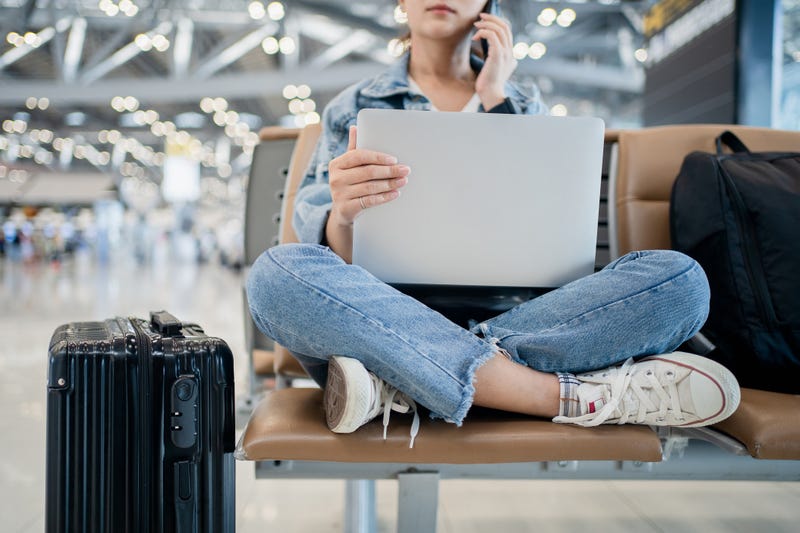
A question many have asked when traveling is whether or not they should connect to their airport’s Wi-Fi, fearing it may have some unintended consequences.
A 2023 survey from Forbes Advisor dug into how safe airport Wi-Fi is, finding that 43% of Americans who use public Wi-Fi regularly said their online security had been compromised while using it.
Free internet access can go beyond airports, as loads of other places offer a free Wi-Fi connection, like restaurants, hotels, and more.
The Federal Trade Commission has put together a guide to safer surfing, sharing that consumers should feel better about connecting to public Wi-Fi.
While in the past the FTC said that networks weren’t as great at protecting user information, it says things have changed.
“Today, most websites do use encryption to protect your information. Because of the widespread use of encryption, connecting through a public Wi-Fi network is usually safe,” the commission shared.
To ensure your connection is encrypted, the FTC says to look for the “lock symbol or https in the address bar to the left of the website address.”
“This works on a mobile browser, too. It can be hard to tell if a mobile app uses encryption, but the majority do,” the commission says.
For those looking to take more action, a new report from USA Today offered some advice for those who want to use public Wi-Fi in peace.
The report from USA Today cited Eric Plam, the CEO of the mobile hotspot company SIMO, who said there is always a danger to using public Wi-Fi but also that “it’s doable if you use the right best practices.”
Plam said that if your information lacks proper security measures, you are vulnerable to attacks from hackers through what he called “man-in-the-middle” attacks.
“Imagine you were at a cafe, for example, and you see a Wi-Fi hotspot you want to connect to, and maybe you see multiple ones,” Plam told USA Today. “One of them might actually be a hacker who sets up an actual, real Wi-Fi hotspot and fakes the name of the cafe. You connect thinking it’s legitimate, and it is, so you get Wi-Fi access, but now the hacker can intercept all your information.”
In order to protect yourself, Plam said using a VPN when possible can make a difference, as well as using networks that are secured with a password and keeping your security systems and operations up to date.
Other tips Plam suggests include avoiding accessing sensitive information like bank accounts or logging into emails.
“Anytime you’re exchanging some sort of password … you want to be cautious of the networks that you’re on,” Plam said.
Plam says if you’re taking the proper precautions and are certain you’re on the correct network, then you should be safe to surf the web.
